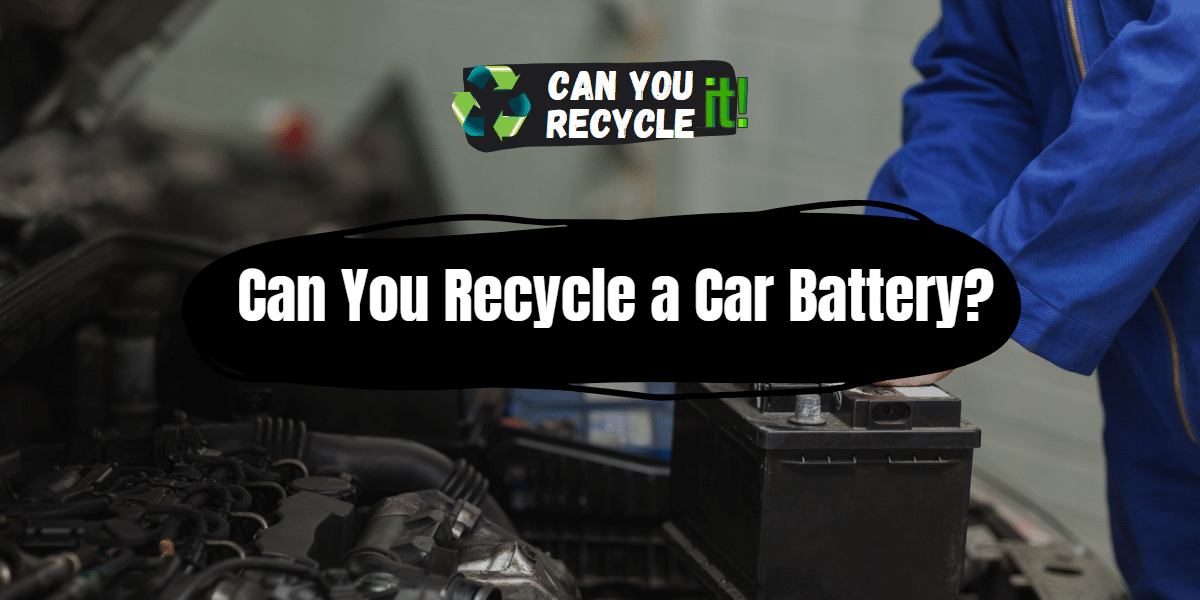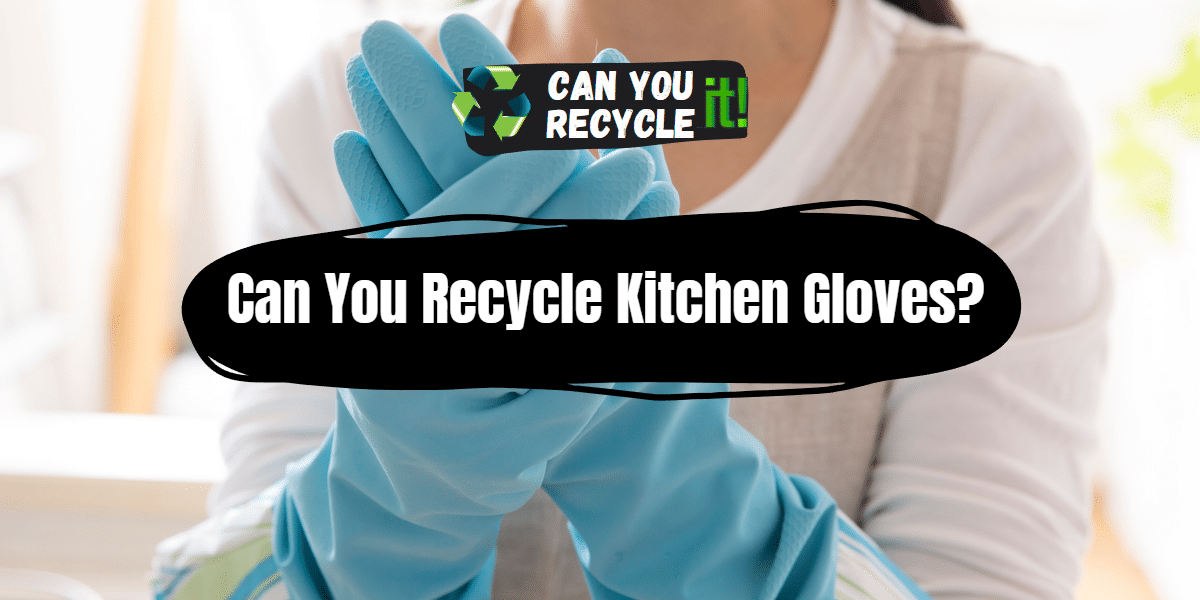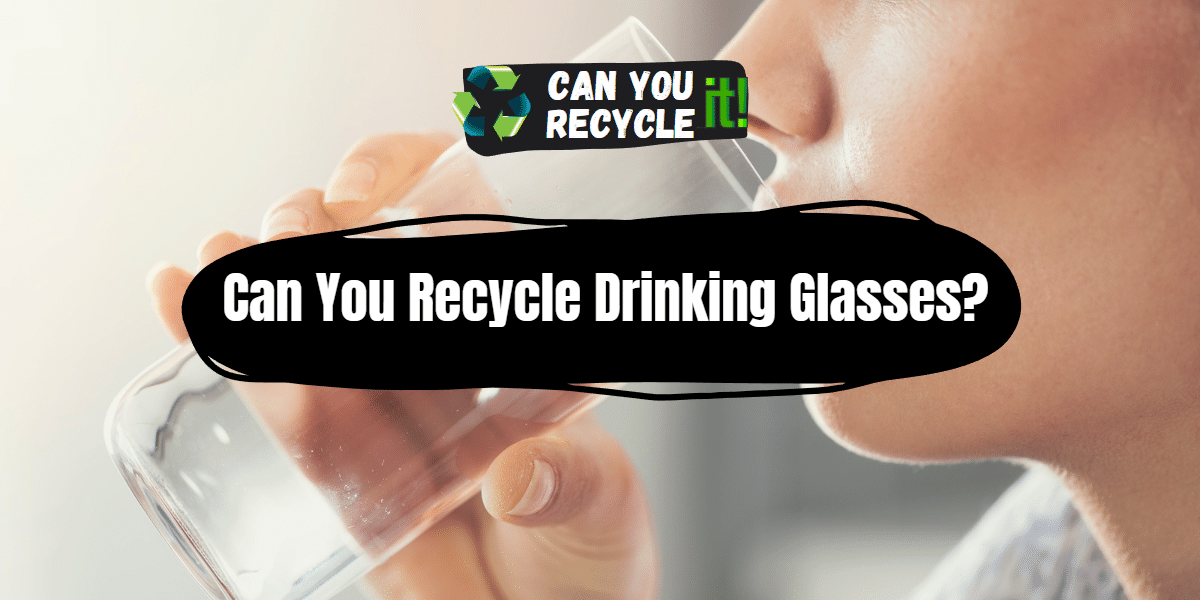Yes, Car batteries are highly recyclable due to their composition.
They contain valuable materials such as lead, plastic, and acid that can be reprocessed and used to manufacture new batteries or other products. Recycling car batteries conserves natural resources and helps prevent harmful substances from being released into the environment.
Regarding being environmentally conscious, recycling is crucial in minimizing waste and reducing our carbon footprint. Many of us are already familiar with recycling paper, plastic, and glass, but what about car batteries? Are they recyclable? In this article, we will delve into the world of car battery recycling, exploring the dos and don’ts, the steps to prepare a battery for recycling, alternative options for batteries that cannot be recycled, the environmental impact of recycling, and answer some frequently asked questions. So let’s get started!
Table of Contents
Do’s and Don’ts
Recycling car batteries requires proper handling to ensure safety and maximize the recycling potential. Here are some dos and don’ts to keep in mind:
Dos
- Do handle with care: Car batteries can be heavy and contain corrosive materials. Always use gloves and protective eyewear when handling them to prevent accidents and protect yourself from chemical exposure.
- Store batteries properly: If you’re not immediately recycling the battery, store it in a cool and dry place away from children and pets. Avoid storing batteries near flammable materials.
Don’ts
- Don’t dispose of car batteries in the regular trash: Car batteries should never be thrown into the regular trash or abandoned. They require special handling due to their toxic components. Improper disposal can harm the environment and pose a risk to human health.
- Don’t attempt dismantling the battery yourself: Car batteries are complex and contain hazardous materials. Leave the dismantling and recycling process to professionals with the expertise and equipment to handle them safely.
How to Prepare a Car Battery for Recycling
To ensure a smooth and effective recycling process, follow these five steps to prepare a car battery for recycling:
- Disconnect the battery: Start by disconnecting the battery from the vehicle. Follow the manufacturer’s instructions or seek professional assistance if you’re unsure about the process.
- Inspect for damage: Check the battery for any visible signs of damage, such as leaks or cracks. If the battery is damaged, take it to a recycling center immediately, as it may require specialized handling.
- Protect the terminals: Cover the battery terminals with electrical tape or plastic caps to prevent accidental short circuits during transportation.
- Secure transportation: Place the battery in a sturdy container, such as a plastic bucket or a battery box, to prevent any leakage during transportation. Make sure the container is properly sealed and labeled as a hazardous material.
- Deliver to a recycling center: Take the prepared battery to a certified recycling center or a designated drop-off location. Recycling centers have the necessary equipment to handle batteries safely and ensure that valuable materials are appropriately recovered.
5-Step Guide to Recycle a Car Battery
Recycling a car battery is a responsible and eco-friendly choice that helps protect the environment and conserve valuable resources. If you’re wondering how to recycle a car battery, follow this five-step guide:
Step 1
Identify your battery type. There are two main types of car batteries: lead-acid batteries and absorbed glass mat (AGM) batteries. Lead-acid batteries are the most common type, while AGM batteries are becoming more popular.
Step 2
Check with your local recycling center. Not all recycling centers accept car batteries. Call ahead to ensure your center accepts them and learn about their recycling procedures.
Step 3
Remove the battery from your car. If you are uncomfortable removing the battery, you can take your car to a mechanic or auto parts store.
Step 4
Pack the battery for shipping. Car batteries contain hazardous materials that must be packed properly for shipping. Most recycling centers will provide free battery boxes or shipping containers.
Step 5
Take the battery to your local recycling center. Once your battery is appropriately packed, you can take it to your local recycling center.
What to Do with Car Batteries That Cannot Be Recycled
While car batteries are highly recyclable, there may be instances where a battery cannot be recycled due to severe damage or degradation. In such cases, handling them responsibly is crucial to minimize environmental impact. Here are a few options:
- Contact an authorized recycling facility: Even if a battery cannot be recycled in its entirety, specific components, such as the plastic casing, may still be recyclable. Contact a specialized recycling facility to inquire about their capabilities and the parts they can accept.
- Explore battery buy-back programs: Some battery retailers or automotive service centers have buy-back programs where they may offer a monetary incentive for returning old batteries. This encourages proper disposal and recycling.
- Dispose of batteries safely: If recycling or buy-back options are unavailable, consult local waste management authorities for guidance on proper disposal methods. They can provide information on collection events or facilities for safe disposal.
Environmental Impact of Recycling Car Batteries
Recycling car batteries offers significant environmental benefits. Here are some ways in which recycling positively impacts the environment:
- Conserving natural resources: Recycling car batteries reduces the need for extracting and processing raw materials such as lead and plastic. This conserves natural resources and minimizes the environmental impact of mining and manufacturing.
- Preventing pollution: Car batteries contain hazardous materials, including lead and acid. If not properly recycled, these substances can leach into the soil and water, posing severe risks to ecosystems and human health. Recycling ensures that these harmful substances are safely contained and reused.
- Reducing greenhouse gas emissions: Recycling consumes less energy than producing new batteries from scratch. This reduces greenhouse gas emissions, helping combat climate change and air pollution.
FAQs for Can You Recycle a Car Battery
Can I recycle a car battery at home?
Taking car batteries to authorized recycling centers or drop-off locations is strongly recommended. They have the necessary facilities to handle batteries safely and comply with environmental regulations.
Are all car batteries recyclable?
Yes, the vast majority of car batteries are recyclable. However, some severely damaged or degraded batteries may not be accepted for recycling due to safety concerns. It’s best to consult a recycling center for guidance in such cases.
What happens to a recycled car battery?
Once a car battery is recycled, it undergoes a process where the lead, plastic, and acid are separated and treated. The lead is used to manufacture new batteries, while the plastic and acid can be repurposed for various applications.
Conclusion and final thoughts 💭
Recycling car batteries is not only possible but highly recommended for environmental sustainability. By following the proper steps to prepare a battery for recycling and taking it to a certified recycling center, you contribute to conserving natural resources, preventing pollution, and reducing greenhouse gas emissions. Let’s all do our part to ensure a greener future by responsibly recycling car batteries and promoting sustainable practices.





Leave a Reply